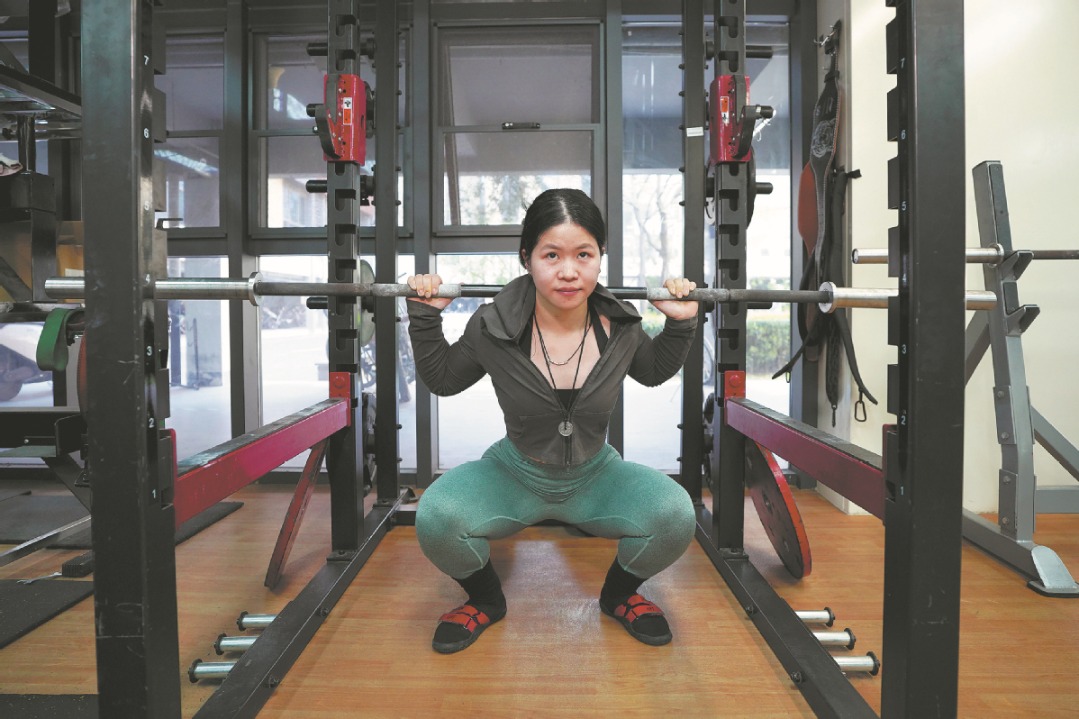Biobank persists in its disease prevention fight

The China Kadoorie Biobank is set to begin its fourth follow-up investigation of people who participated in its epidemiological survey next year, continuing its efforts to monitor and study chronic diseases across the country as it celebrates its 20th anniversary.
Jointly established by Peking University and the University of Oxford, CKB has conducted a survey covering 513,000 participants in five urban and five rural areas of China. Since 2004, blood, urine, feces and saliva samples from subjects age 30 to 79 have been collected to create one of the world's largest biobanks, comparable to the UK Biobank.
Li Liming, principal investigator of CKB and director of the Peking University Center for Public Health and Epidemic Preparedness and Response, highlighted CKB's contributions to researching major chronic diseases such as stroke, coronary heart disease, cancer, diabetes and high blood pressure. These studies investigate the genetic, environmental and lifestyle factors that pose risks to the health of the Chinese population.
"The research aims to provide scientific evidence for the development of disease prevention strategies in China and introduce new treatment and intervention methods," Li said during an event marking the 20th anniversary of the biobank in Beijing on Saturday.
CKB conducts follow-up investigations every four to five years on about 5 percent of its survey participants to track long-term changes in their lifestyles, living environments and health conditions.
The biobank is linked to the national death registry and major chronic disease surveillance systems, gathering information from clinical records and health insurance databases.
Since the survey's inception, CKB has recorded 93,000 deaths and 177,000 disease incidents, primarily strokes, heart disease and cancers, according to Li.
The biobank houses more than 2.5 million samples stored in ultralow-temperature freezers and liquid nitrogen tanks. Its database, which holds 485 terabytes of data, has been secured with network safety protocols, and all data is anonymized to protect participants' privacy.
CKB data has led to the publication of 510 papers, some of which appeared in top medical journals such as The New England Journal of Medicine, The Lancet, JAMA and BMJ. Notable findings include evidence that moderate alcohol consumption does not prevent cardiovascular disease — as other medical studies have indicated — and, in fact, increases the risk of 61 diseases among Chinese men, including tumors and liver cirrhosis. Another study revealed that eating spicy food may reduce the risk of esophageal and rectal cancer.






































